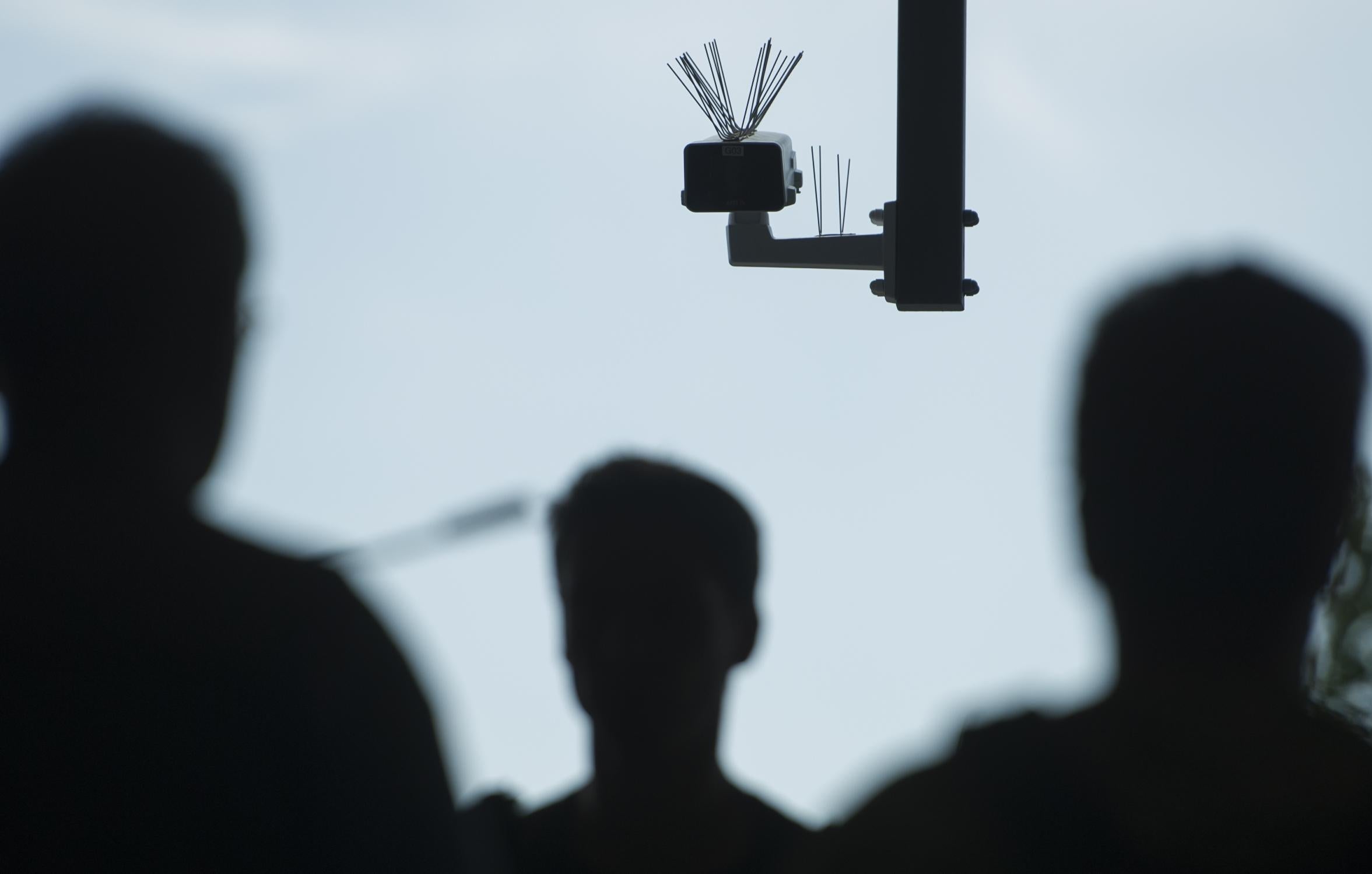Indian police trace 3,000 missing children in just four days using facial recognition technology
The technology helped identify thousands of missing children within just four days of launching

Police in the Indian city of New Delhi have identified nearly 3,000 missing children within just four days of launching a trial of a new facial recognition system.
Police began using the technology on 6 April after the High Court commissioned a test run of the software, the country's Ministry of Women and Child Development said in an affidavit.
The facial recognition technology was used on around 45,000 children throughout the city, 2,930 of which were recognised as missing.
Officers are now in the process of reuniting them with their families, local media reports.
“India currently has almost 200,000 missing children and about 90,000 lodged in various child care institutions,” a spokesperson for the Bachpan Bachao Andolan (BBA) campaign group told The Better India website. “It is almost impossible for anyone to manually go through photographs to match the children.”
The campaign group said that the facial recognition software could be used to help identify other missing children in the country.
It comes after hospital officials in China identified a mentally ill man by using similar software.
The 31-year-old man had been missing for over a year but was reunited with his brother after a photo of his face was linked to previously stored public records.
The use of such technology has raised privacy concerns, however the National Commission for Protection of Child Rights (NCPCR) in India advocates its use under these circumstances.
“If such a type of software helps trace missing children and reunite them with their families, nothing can be better than this,” an NCPCR spokesperson said.
Join our commenting forum
Join thought-provoking conversations, follow other Independent readers and see their replies
Comments
Bookmark popover
Removed from bookmarks